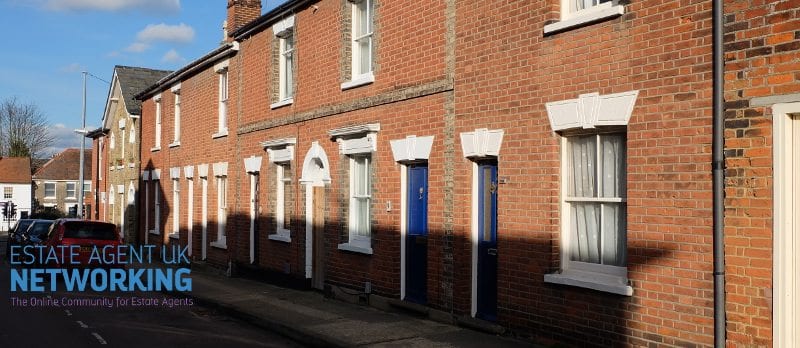Working-age Britons, poorest households
Working-age Britons, poorest households and the North East are suffering most from substandard housing, new data shows
Never before seen analysis of the latest English Housing Survey has exposed the staggering inequalities in the monetary and social cost of living in poor-quality homes.
In the North East, households are paying five times more than those in wealthier areas to make their homes warm and livable. Nationally, the poorest 3.5 million households are losing £2.8 billion annually in extra energy costs. And young people – particularly renters and new families – are twice as likely as pensioners to live in damp, unhealthy conditions.
These findings paint a stark picture of a housing system that punishes poverty and rewards ownership. While older generations have benefited from historic investment and stable housing, younger and poorer households are left footing the bill for outdated, inefficient homes – and paying with their health. Experts warn that without urgent investment in retrofit, this “invisible tax” on vulnerable communities will only worsen.
The figures in brief
£12,200 – median cost to upgrade a non-decent home to decent standard in the North East, compared to just £2,490 in Yorkshire and the Humber (Table 4.1)
£2,177/year – average energy spend in non-decent homes, versus £1,576/year in decent homes – a gap of over £600 annually (Table 4.3)
6.7% of adults aged 30–44 live in homes affected by damp, compared to just 3.3% of those aged 65+ (Table 5.2)
Anna Moore, founder of retrofit consultancy Domna, commented:
“The latest English Housing Survey reveals a national failure – and one that should provoke genuine outrage. Measured by age, income and location, there are staggering inequalities in the cost to fix the UK’s leaky and draughty homes.
“Homes are too cold in winter and too hot in summer – this is making people ill, wrecking children’s life chances, and putting huge pressure on the NHS. And yet the funding streams to fix this are fragmented, inaccessible, or missing entirely. We’re asking the people with the least to carry the greatest burden of government inaction.
“The positive news is that we know what to do. The skills and materials to properly retrofit our homes are there, from insulation to air source heat pumps. What we need is joined-up policy: proper incentives, accessible funding, and regulatory certainty to unlock the capital that’s already sitting on the sidelines.
“Delivering decent, warm homes isn’t radical. Retrofit is the fastest route to lower bills, better health, energy resilience and economic growth. The tools are there – the question is why we aren’t putting the right incentives in place to finish the job.”









